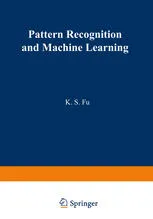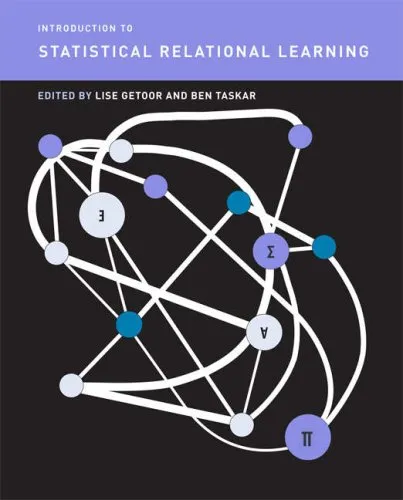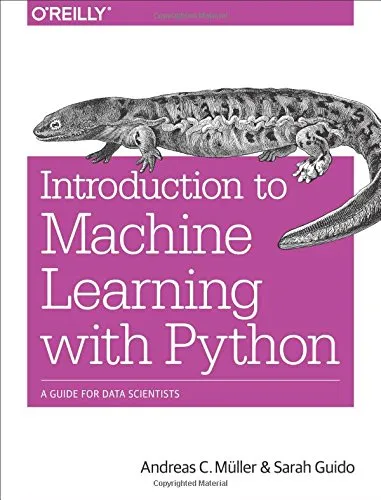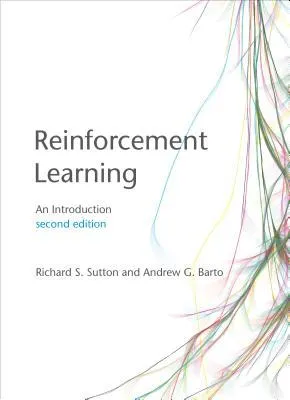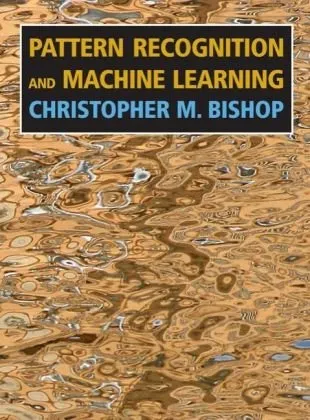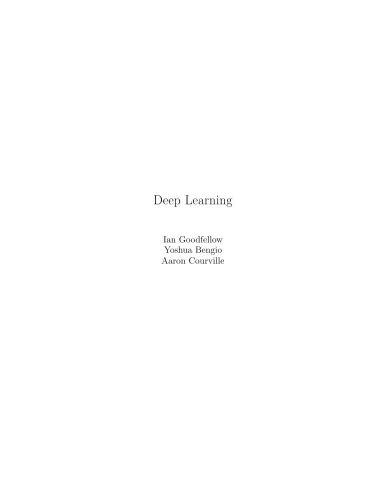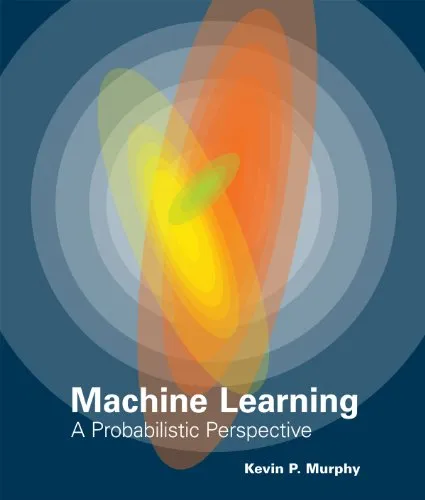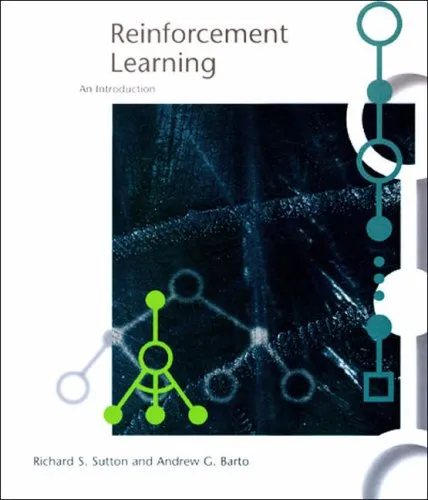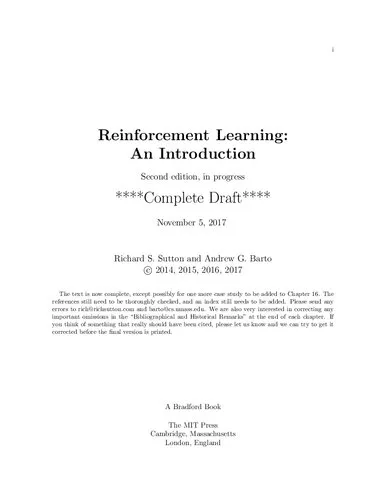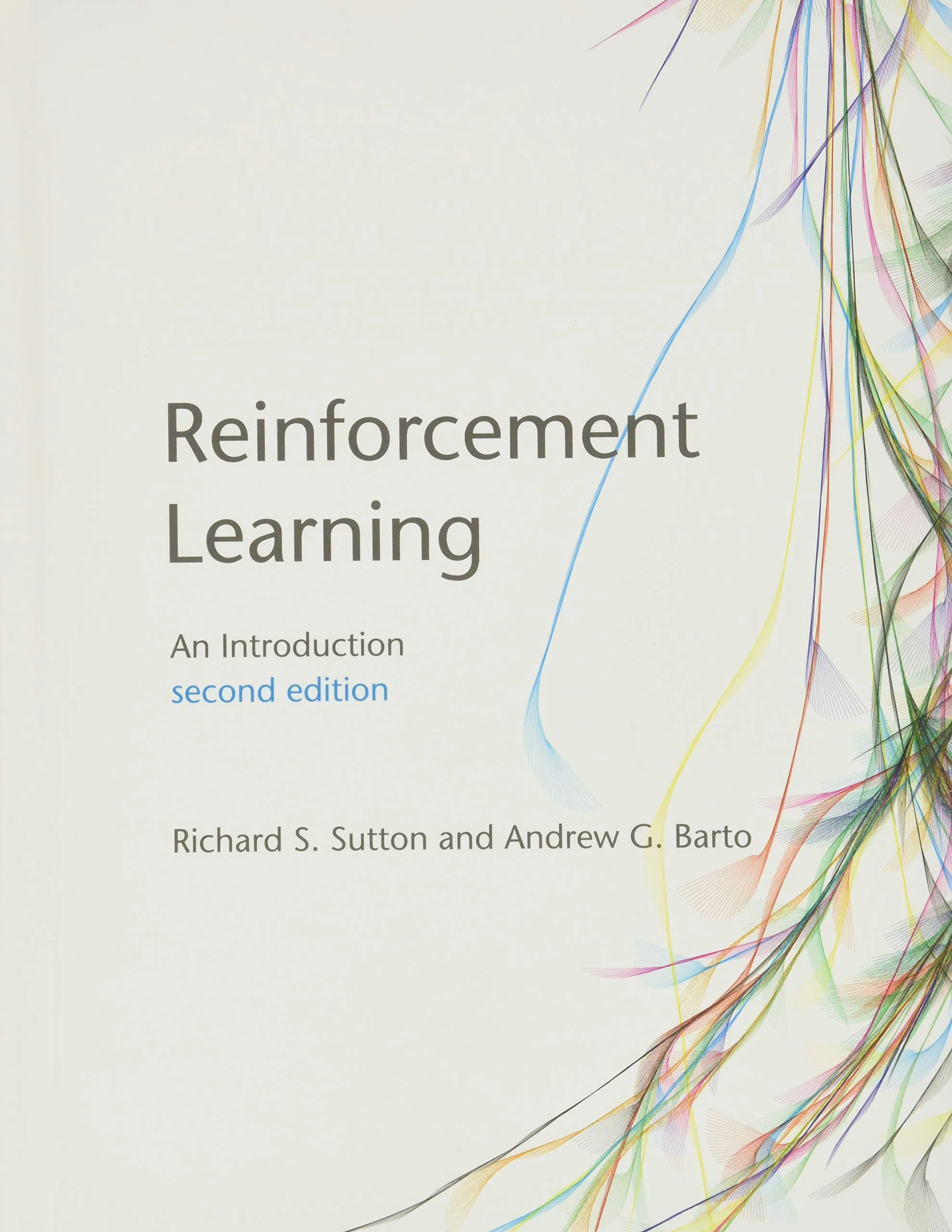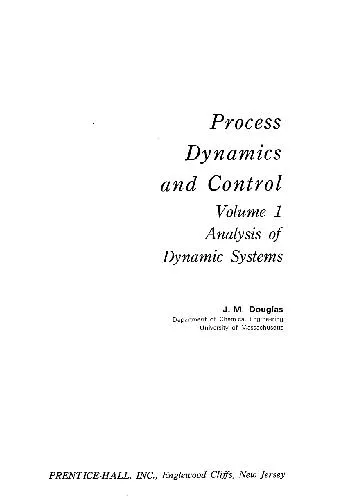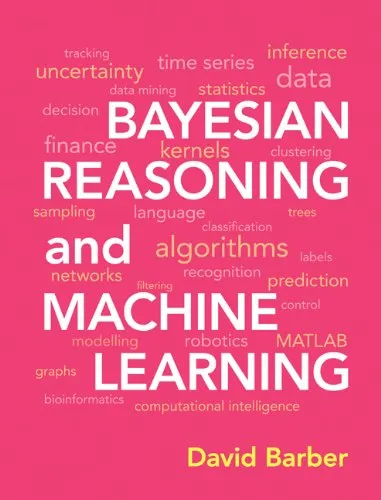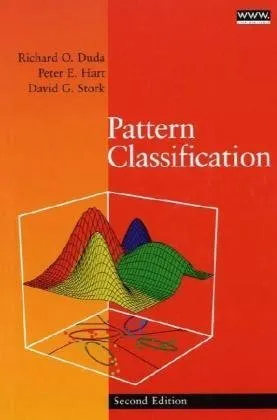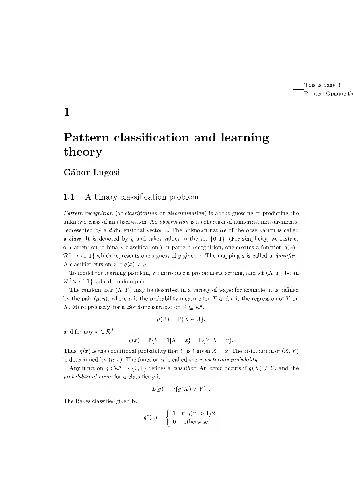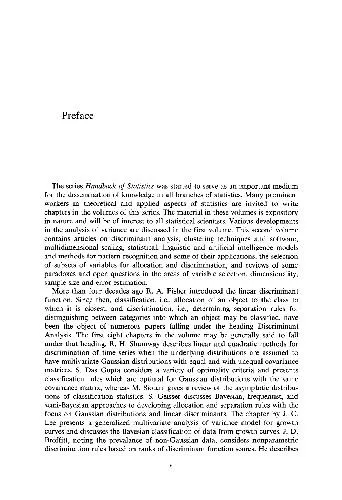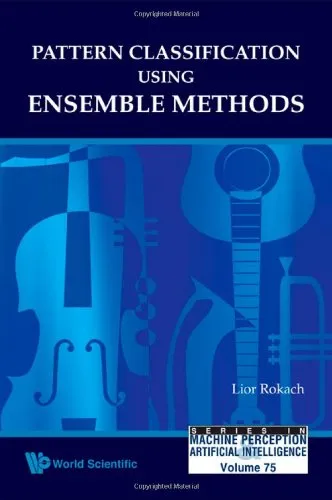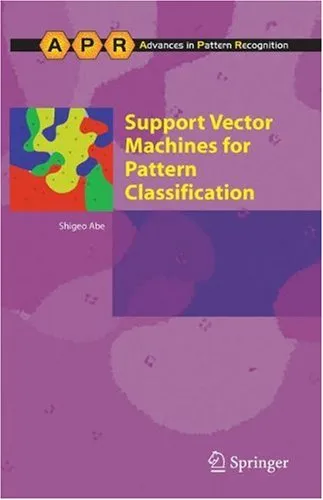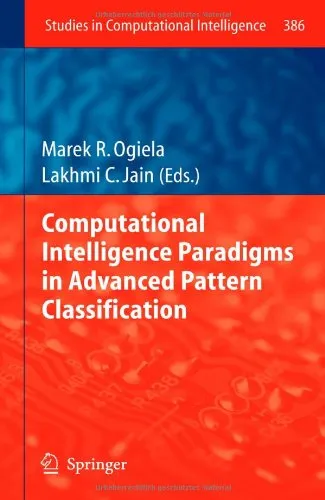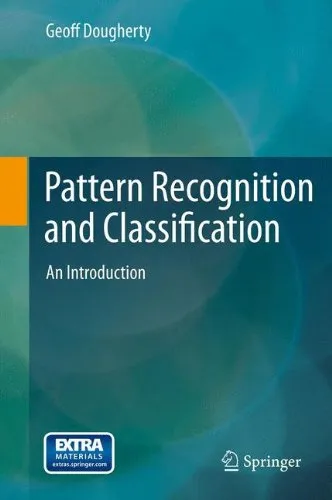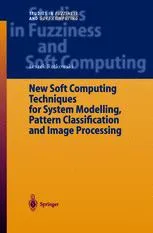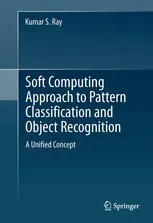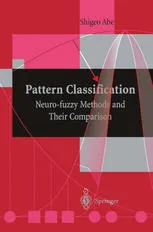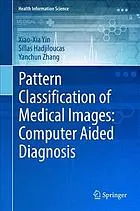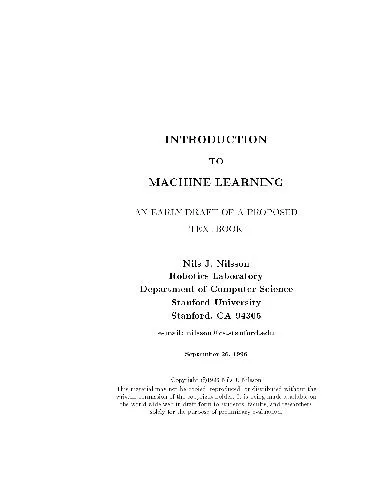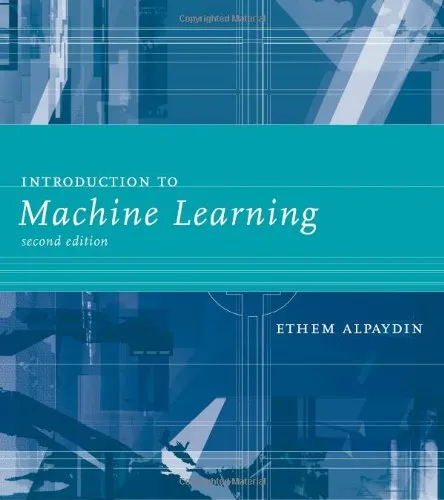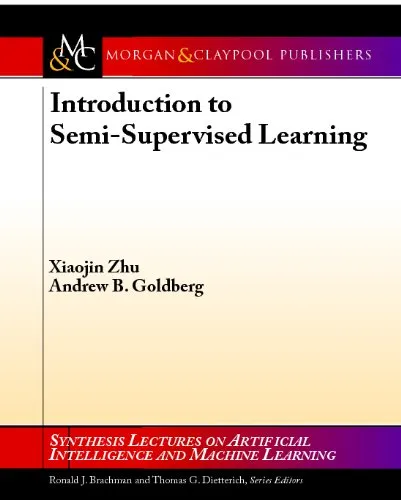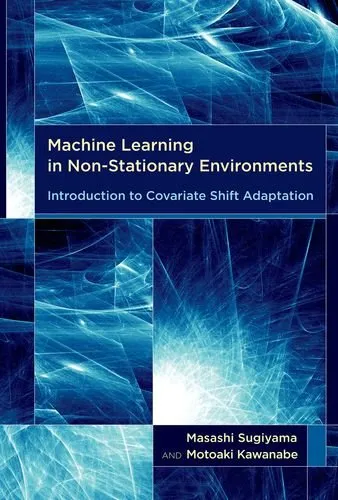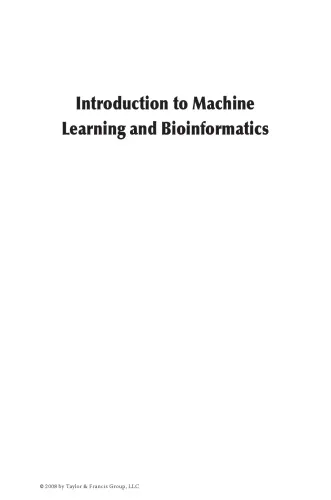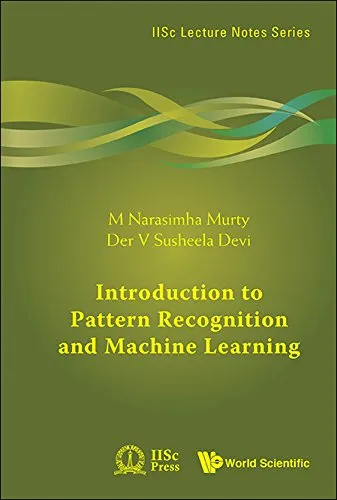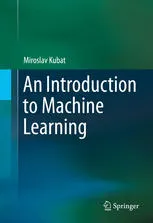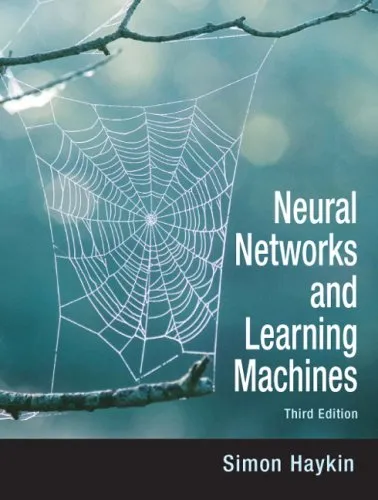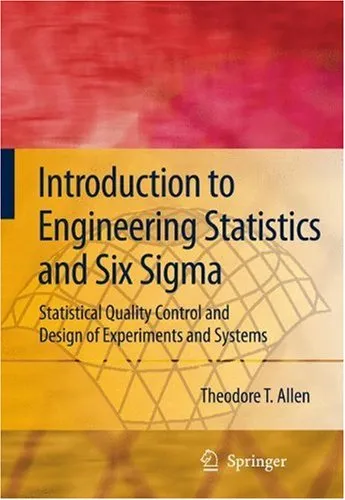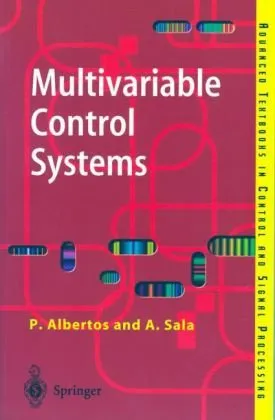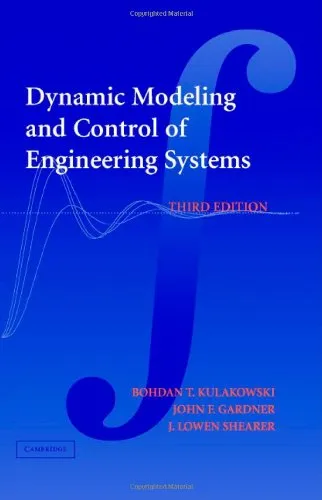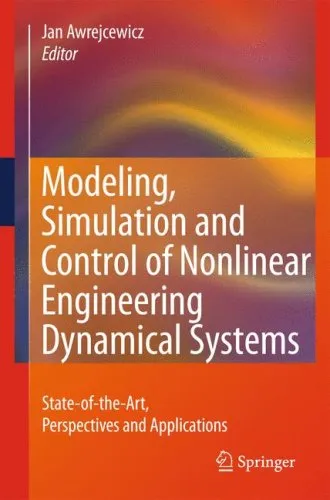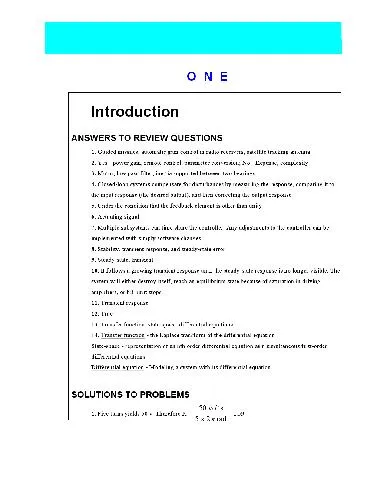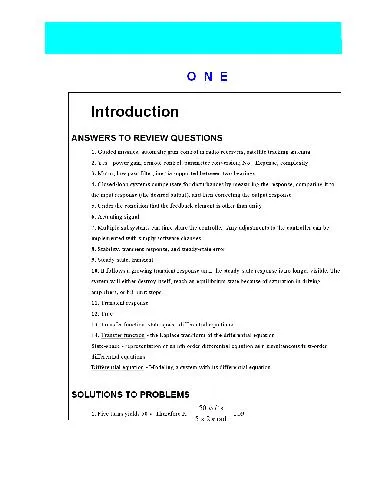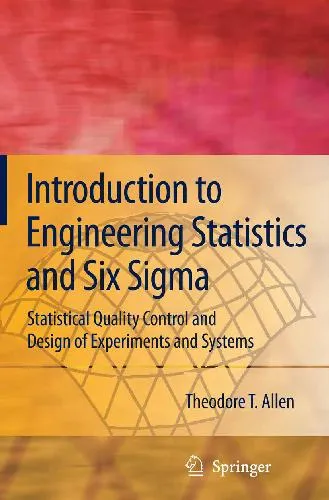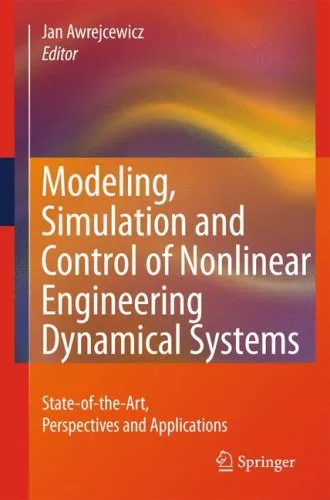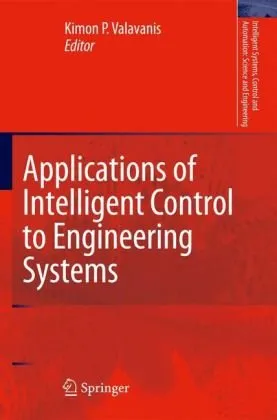Pattern Recognition and Machine Learning: Proceedings of the Japan—U.S. Seminar on the Learning Process in Control Systems, held in Nagoya, Japan August 18–20, 1970
4.3
Reviews from our users

You Can Ask your questions from this book's AI after Login
Each download or ask from book AI costs 2 points. To earn more free points, please visit the Points Guide Page and complete some valuable actions.Related Refrences:
Introduction
Welcome to the in-depth exploration of the book "Pattern Recognition and Machine Learning: Proceedings of the Japan—U.S. Seminar on the Learning Process in Control Systems, held in Nagoya, Japan August 18–20, 1970". This text encapsulates pioneering discussions and breakthroughs that laid the foundational stones for what has become an essential field in modern computing—pattern recognition and machine learning. The book offers a rich tapestry of discussions captured during this pivotal seminar where eminent scholars and researchers from Japan and the United States gathered to exchange ideas and insights on the learning processes in control systems.
Detailed Summary of the Book
This book is a compilation of the proceedings from a significant seminar held in the bustling city of Nagoya, focused on the intersection of control systems and learning processes. Over three days in August 1970, experts from academia and industry convened to explore and debate emerging concepts and techniques in machine learning and pattern recognition.
The proceedings capture the essence of the discussions, which spanned foundational theories, algorithmic approaches, and real-world applications of learning systems. Topics delved into include, but are not limited to, the mathematical underpinnings of learning models, innovative methods for information processing, and the challenges in implementing these systems in practical control scenarios. Additionally, the book features discussions on the synergy between biological systems and machine learning, hinting at the promise of bio-inspired algorithms.
As a snapshot of a formative moment in the history of computing, the book captures the initial steps towards creating machines that can learn from and adapt to their environments, a dream that continues to evolve and expand to this day.
Key Takeaways
- Historical Context: Understand the early challenges and opportunities identified by pioneers in machine learning and pattern recognition.
- Core Concepts: Gain insights into foundational theories and principles that are still relevant in today's advanced research and application landscapes.
- Multidisciplinary Approach: Appreciate the intersections of different scientific disciplines, including mathematics, computer science, and biology, in advancing machine learning.
- Application-Oriented Discussions: Learn about the practical implications and potential real-world applications of machine learning techniques as envisioned in the 1970s.
Famous Quotes from the Book
While this collection of proceedings does not focus heavily on quotable prose, it nonetheless contains insightful comments and observations from leading figures in the field. Here are some paraphrased thoughts that capture the spirit of the seminar:
Learning is at the heart of making machines that are not only tools but can become partners in our creative and problem-solving processes.
The integration of disparate systems into a cohesive learning model represents the pinnacle of human ingenuity applied to technology.
Why This Book Matters
"Pattern Recognition and Machine Learning" is not just a record of a seminar from decades past; it is a historical document that memorializes a key moment in the evolution of computational science. The discussions within laid groundwork that has influenced the development of AI technologies that are transforming industries and societies today.
By examining the challenges faced by early researchers, current and future innovators can gain inspiration and insight into overcoming their own hurdles. The seminar proceedings stress the importance of collaborative international efforts in scientific advancement, a lesson that is increasingly important in our globally interconnected society.
Ultimately, this book allows readers to step into the shoes of early visionaries who foresaw the transformative potential of machine learning, providing valuable lessons and perspectives that remain relevant in our rapidly advancing technological landscape.
Free Direct Download
You Can Download this book after Login
Accessing books through legal platforms and public libraries not only supports the rights of authors and publishers but also contributes to the sustainability of reading culture. Before downloading, please take a moment to consider these options.
Find this book on other platforms:
WorldCat helps you find books in libraries worldwide.
See ratings, reviews, and discussions on Goodreads.
Find and buy rare or used books on AbeBooks.
1384
بازدید4.3
امتیاز0
نظر98%
رضایتReviews:
4.3
Based on 0 users review
Questions & Answers
Ask questions about this book or help others by answering
No questions yet. Be the first to ask!
